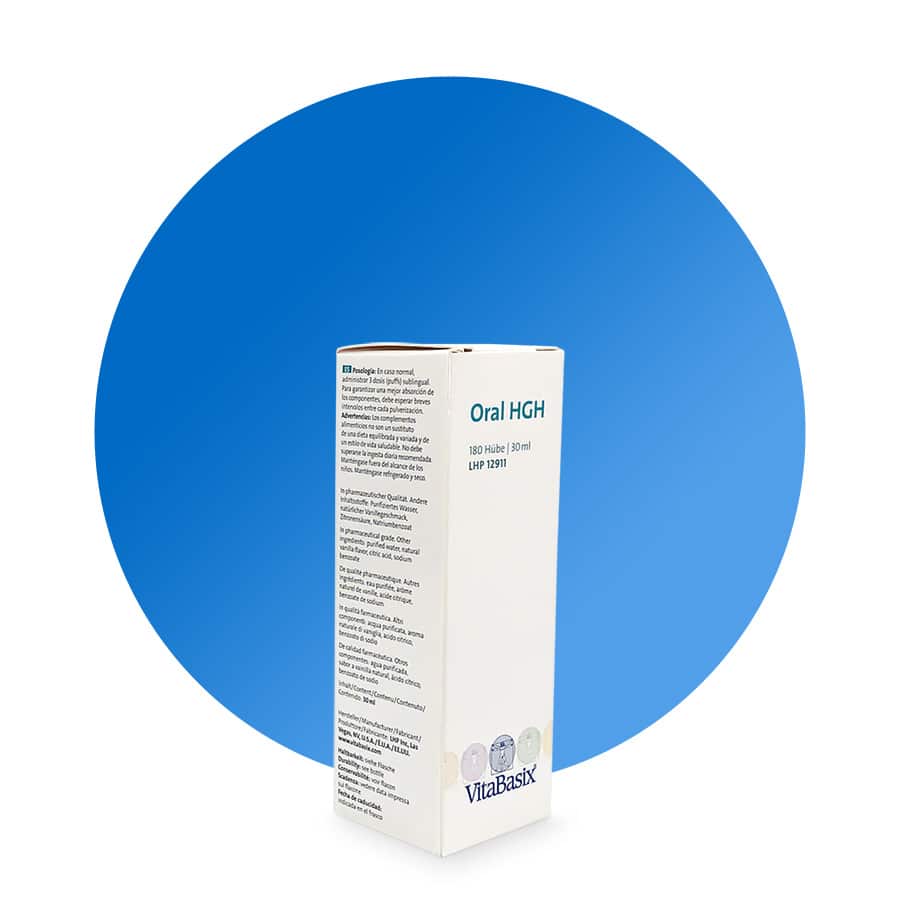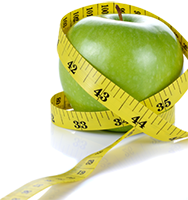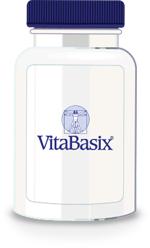In classical medicine, when growth hormone (GH) has to be given for medical reasons, it is mainly administered by injection. Another approach to promote the body’s own production of GH uses specific GH-releasing factors that are introduced into the body through the oral mucosa. The sublingual form of administration prevents these factors from being immediately broken down in the liver.
GH is produced mainly at night in the anterior lobe of the pituitary gland. A unique feature of growth hormone is that it is not constantly needed for the body to perform its daily functions. Instead, it only becomes active immediately when it is needed.
GH is the most effective hormone in the human body and influences almost every cell in the body. It helps maintain physiological balance (homeostasis).
Oral HGH contains micro-diluted GH-releasing factors and other substances that can support endogenous GH levels. These factors are small polipeptides that bind to receptors in the pituitary gland and can stimulate the gland to produce and release GH.
GH can promote the build-up of muscle mass, with simultaneous promotion of fat metabolism. This particularly beneficial effect is also observed in older people, as the increase in muscle mass reduces the risk of falling. GH can also help maintain tissue elasticity. With increasing age, the production of growth hormone steadily decreases, which may be due in part to the lack of stimulating factors, or release hormones.
If the body’s own release of the releasing factors is not sufficient or if there is an increased need, these can be supplemented with special food supplements.





 Chronobrands
Chronobrands

Reviews
There are no reviews yet.